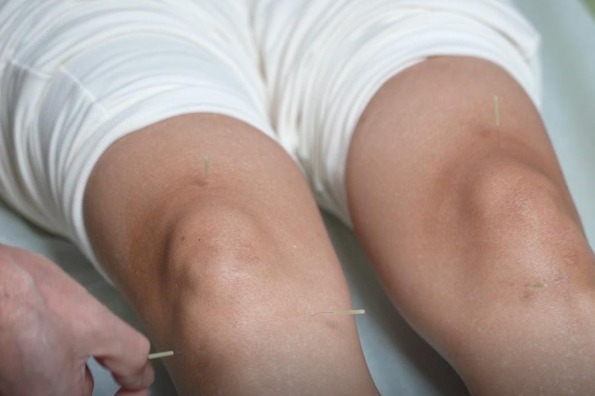Brief introduction

The origins of traditional Chinese medicine can be traced to Shen Nong Shi, a mythological figure from about 5,000 years ago, who sampled hundreds of herbs for use as medicines. The formal history of TCM starts about 2,500 years ago with the Yellow Emperor's Inner Classic, the first written account of its practice.
TCM views a patient's condition as a reflection of the interaction of five elements of nature: wood, fire, earth, metal and water. The goal is to treat each patient holistically, with prescriptions tailored to the individual patient's condition.
Chinese consumers generally perceive TCM as more effective for disease and chronic illness prevention, and they view Western medicine as being more effective for acute and serious illnesses.
Another major difference between TCM and Western medicine is that, until recently, TCM has relied on patient experience, not clinical trials, for proof of effectiveness.
TCM combines raw materials, principally herbs, to treat disease. Historically, the formulation incorporated as many as 10,000 ingredients, 90 percent extracted from herbs and 10 percent from animal byproducts and minerals.
Today, practitioners of TCM regularly use around 300 ingredients in their widely available formulations. Any given formulation requires four to eight ingredients on average.
The principle used for combining ingredients has its origins in the framework of imperial ministerial-assistant-servant, which was documented 5,000 years ago in the Shen Nong Herbal Encyclopedia.
The framework calls for an imperial herb, the chief herb or main ingredient of a formula; the ministerial herb, ancillary to the imperial herb, which augments and promotes the action of the main ingredient; the assistant herb, which reduces side effects of the imperial herb; and the servant herb, which harmonizes or coordinates the actions of the other herbs.
Although only 10 percent of China's 2 million physicians are trained exclusively in TCM, most medical school students receive some training in the discipline. They can prescribe TCM medicines that have earned State Food and Drug Administration approval.




